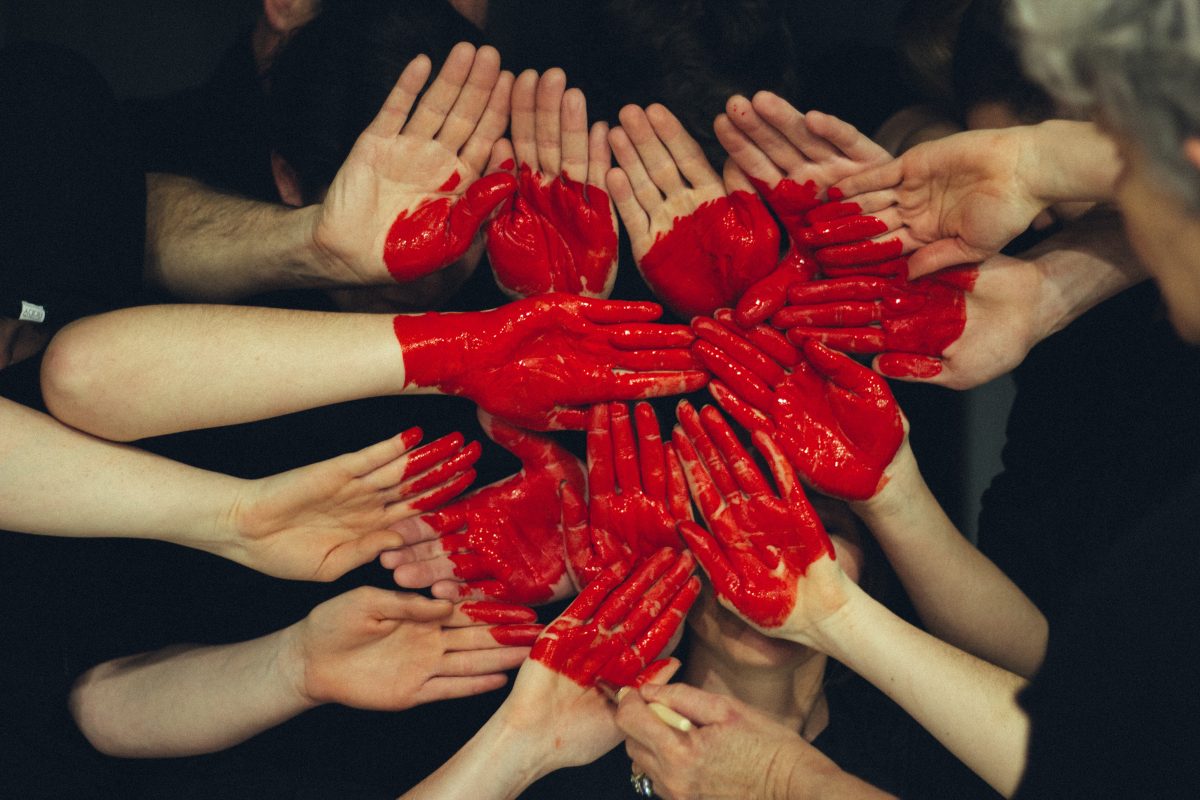B4B Payments partners with NGOs in modern slavery response
A critical issue for all of the NGOs who support victims of modern slavery is how to pay aid in a way that doesn’t put them at risk of being targeted as known carriers of cash.

Supplying prepaid Fintech solutions for NGO organisations
A critical issue for all of the NGOs who support victims of modern slavery is how to pay aid in a way that doesn’t put them at risk of being targeted as known carriers of cash. For the victims themselves, being unbanked creates problems with payments in their daily lives as well as with accessing government support systems.
What is modern day slavery?
Modern-day slavery is a critical global issue that is still commonplace in the United Kingdom. Since 2011, local NGOs have had to supply aid to more than 10,000 victims. In 2019, nearly half (46%) of potential victims who were referred to the support scheme were from London.
On a global level, it is estimated that 1 in 200 people are currently slaves. These people are the victims of a variety of exploitative practices and are often forced into work on factories and farms or coerced into the sex industry. Many also end up pushed onto getting involved in illegal pursuits such as smuggling drugs.
B4B Payment’s solution
B4B is a fast-growing Fintech company and an established presence in the prepaid card sector, currently helping NGOs to supply prepaid cards to modern slavery victims.
The launch of their improved process is one of many initiatives that NGOs and their partners have developed in collaboration with the Home Office to improve the way that charity aid is supplied to modern-day slavery victims. Prepaid cards, in particular, help NGOs to reduce the level of in-person contact needed during the current pandemic. These payments are provided under Government contracts and allow NGOs to provide essential payments to help victims begin their process of recovery.
Better inclusivity and safety for victims
By pairing up with B4B Payments, NGOs can now supply the people they help with a prepaid Mastercard® rather than a cash payment. This cashless solution enables staff to send the victim a one-off payment in full, without any worries that they will be targeted for carrying money. Card users are also empowered to make payments online, just like they could with a normal bank card. This means that they can access Government services or purchase things from home much more easily should they have a disability or be adhering to COVID-related social distancing precautions.
An NGO spokesperson said: “Bringing forward the roll-out of prepaid cards has been one of the key adaptations we’ve successfully introduced in recent weeks to help survivors of slavery as they not only begin to live independently but also supporting them to do this within Government guidelines, to protect them from infection.”
CEO of B4B Payments, Paul Swinton, said: “It has been hugely rewarding to provide our services to NGOs because they’re tackling some of the biggest social problems in the world today. Financial inclusion is an issue that cuts across so many different areas including modern slavery, domestic abuse, people trafficking, and homelessness, and we as a financial technology company must do our bit to innovate and help the less fortunate.”
A success story
By partnering with NGOs to create a cashless solution for the previously unbanked victims of modern-day slavery, B4B issued over 7700 prepaid cards across 13 organisations. This included a partnership with one of the largest and most well-known charities globally. Since initiation, over 140,000 transactions have been made using the cards and over £7.7 million in charitable funds have been processed through the new system.
In addition, the program took only two weeks to issue a victim with a prepaid card from the initial sign-up date. The positive impact on the lives of the victims can be seen in the increased safety of their payment methods and the improved convenience of online shopping and access to governmental systems. As previously unbanked people, they can now have the benefits of a card and the financial inclusivity it allows.



